Table of Contents
Come join us now, and enjoy playing your beloved music and browse through great scores of every level and styles!
Can’t find the songbook you’re looking for? Please, email us at: sheetmusiclibrarypdf@gmail.com We’d like to help you!
Andrew Lloyd Webber As If We Never Said Goodbye Sunset Boulevard Piano Solo sheet music, Noten.
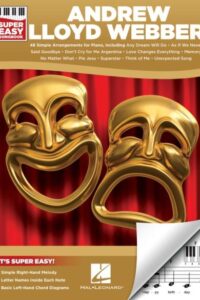
Best Sheet Music download from our Library.

Please, subscribe to our Sheet Music Library.
If you are already a subscriber, please, check our NEW SCORES’ page every month for new sheet music. THANK YOU!
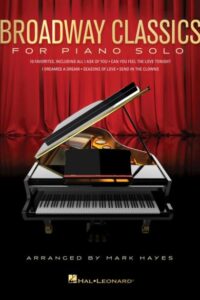
Browse in the Library:
Or browse in the categories menus & download the Library Catalog PDF:


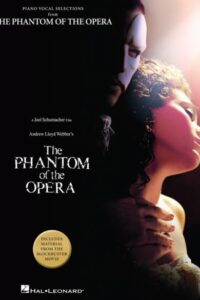

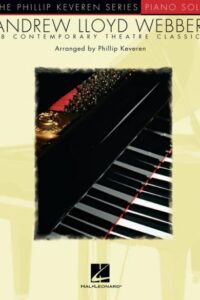
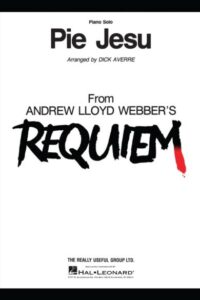
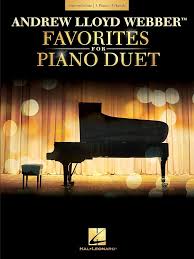
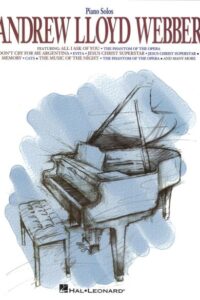
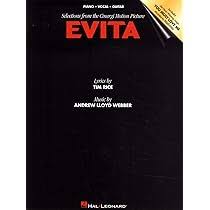


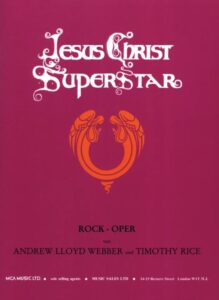




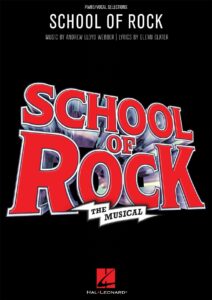

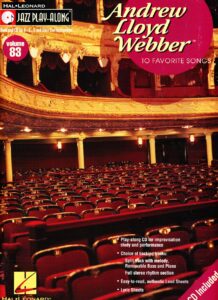



Search your favorite Sheet Music of Film, movie and musicals.
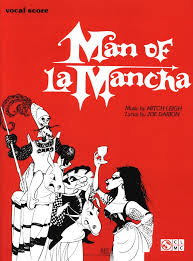
Andrew Lloyd Webber: The Maestro of Modern Musical Theatre
Biography:
Born on March 22, 1948, in London, England, Andrew Lloyd Webber was destined for music. The son of composer William Lloyd Webber and piano teacher Jean Hermione Johnstone, and the younger brother of renowned cellist Julian Lloyd Webber, music permeated his childhood. He displayed prodigious talent early, composing his first pieces at age six. Educated at Westminster School and briefly at Magdalen College, Oxford (where he studied history before dropping out to pursue music), his path was set during a pivotal meeting in 1965 with lyricist Tim Rice. This partnership would ignite his career and change the face of musical theatre.
Main Works (A Phenomenal Catalogue):
Lloyd Webber’s career is defined by a string of global mega-hits:
- Jesus Christ Superstar (1970 – Concept Album, 1971 – Stage): A groundbreaking rock opera exploring the last week of Jesus’s life, told from Judas’s perspective. Initially controversial, it became a cultural phenomenon.
- Evita (1976 – Concept Album, 1978 – Stage): Another Rice collaboration, this bio-musical chronicled the rise and fall of Eva Perón, wife of Argentine dictator Juan Perón. Famous for “Don’t Cry for Me Argentina.”
- Cats (1981): Based on T.S. Eliot’s “Old Possum’s Book of Practical Cats,” this dance-heavy, feline fantasy became the longest-running musical in both West End and Broadway history for many years. Its iconic song “Memory” is one of the most performed songs ever.
- Starlight Express (1984): A high-energy spectacle performed entirely on roller skates, featuring trains racing for the championship. Known for its massive sets and catchy pop-rock score (“Light at the End of the Tunnel,” “One Rock ‘n’ Roll Too Many”).
- The Phantom of the Opera (1986): With lyrics by Charles Hart (and Richard Stilgoe), this Gothic romance between a disfigured musical genius haunting the Paris Opera House and a young soprano is arguably his masterpiece. It’s the longest-running Broadway show in history and a global sensation (“The Music of the Night,” “All I Ask of You,” “Wishing You Were Somehow Here Again”).
- Sunset Boulevard (1993): Based on the classic Billy Wilder film, this grand opera-infused musical tells the tragic story of faded silent film star Norma Desmond. Features powerful ballads like “With One Look” and “As If We Never Said Goodbye.”
- Other Notable Works: Joseph and the Amazing Technicolor Dreamcoat (1968 – expanded over time), Song and Dance (1982), Aspects of Love (1989), Whistle Down the Wind (1996 – initially), The Woman in White (2004), Love Never Dies (2010 – Phantom sequel), School of Rock (2015).
Musical Style:
Lloyd Webber is often described as a master of eclecticism and melody:
- Unforgettable Melodies: His primary strength lies in crafting instantly memorable, often soaring, and emotionally resonant melodies that lodge in the public consciousness.
- Genre Fusion: He seamlessly blends diverse musical styles within single shows: rock, pop, classical, opera, jazz, Latin, electronic, and hymnal music. Superstar was rock opera, Evita incorporated Latin rhythms, Cats had jazz and pop, Phantom leaned heavily into operatic grandeur.
- Through-Composition: Particularly in Evita and Phantom, he moved towards through-composed scores, where the music flows almost continuously like an opera, with less distinct separation between songs and dialogue/scene-setting.
- Emotional Directness: His music aims for, and often achieves, powerful emotional impact, sometimes described as sentimental or manipulative by critics, but undeniably effective for audiences.
- Theatrical Spectacle: His music is intrinsically linked to creating grand theatrical moments. He understands how music drives narrative, builds character, and enhances visual spectacle.
Most Known Songs (Global Anthems):
His repertoire includes some of the most recognizable songs in the world:
- “Memory” (Cats) – The definitive showstopper ballad.
- “The Music of the Night” (The Phantom of the Opera) – The Phantom’s seductive aria.
- “All I Ask of You” (The Phantom of the Opera) – The soaring romantic duet.
- “Don’t Cry for Me Argentina” (Evita) – Eva’s iconic balcony address.
- “I Don’t Know How to Love Him” (Jesus Christ Superstar) – Mary Magdalene’s poignant ballad.
- “Superstar” (Jesus Christ Superstar) – The driving title track.
- “Any Dream Will Do” (Joseph…) – Joseph’s hopeful anthem.
- “As If We Never Said Goodbye” (Sunset Boulevard) – Norma Desmond’s return to the studio.
- “Light at the End of the Tunnel” (Starlight Express) – The uplifting ensemble number.
Other Facts & Legacy:
- Unparalleled Success: He is one of the most commercially successful composers in history. His shows have run for decades continuously in major cities worldwide.
- Awards: His mantlepiece includes 7 Tony Awards, 7 Olivier Awards, 3 Grammy Awards, an Academy Award (for “You Must Love Me” from the Evita film), a Golden Globe, and the prestigious Kennedy Center Honors (2006). He received a knighthood in 1992 and was elevated to a life peer as Baron Lloyd-Webber in 1997, sitting in the House of Lords.
- The Really Useful Group: He founded his own production company, The Really Useful Group, giving him unprecedented control over his work and its global exploitation.
- Philanthropy: A major supporter of the arts and arts education, particularly through the Andrew Lloyd Webber Foundation, which funds scholarships, training, and heritage projects.
- West End Landmarks: He owns several historic London theatres, including the Theatre Royal Drury Lane and the London Palladium, which he has meticulously restored.
- Family Dynasty: His family is deeply embedded in British music – father William, brother Julian, ex-wife Sarah Brightman (the original Christine in Phantom), and sons Nick and Alastair are composers.
- Criticism: While adored by audiences, some critics accuse his later work of being formulaic, overly sentimental, or prioritizing spectacle over substance. However, his impact is undeniable.
- Enduring Influence: Andrew Lloyd Webber is modern musical theatre for millions. He brought rock and contemporary pop sensibilities to the mainstream stage, expanded the global audience for musicals, and created a catalogue of shows and songs that continue to resonate powerfully decades after their premieres. His melodies are part of the cultural fabric.
Lord Lloyd-Webber remains a towering figure, a composer who understood the power of melody and spectacle to create unforgettable theatrical experiences that have captivated audiences across the globe for over half a century.
